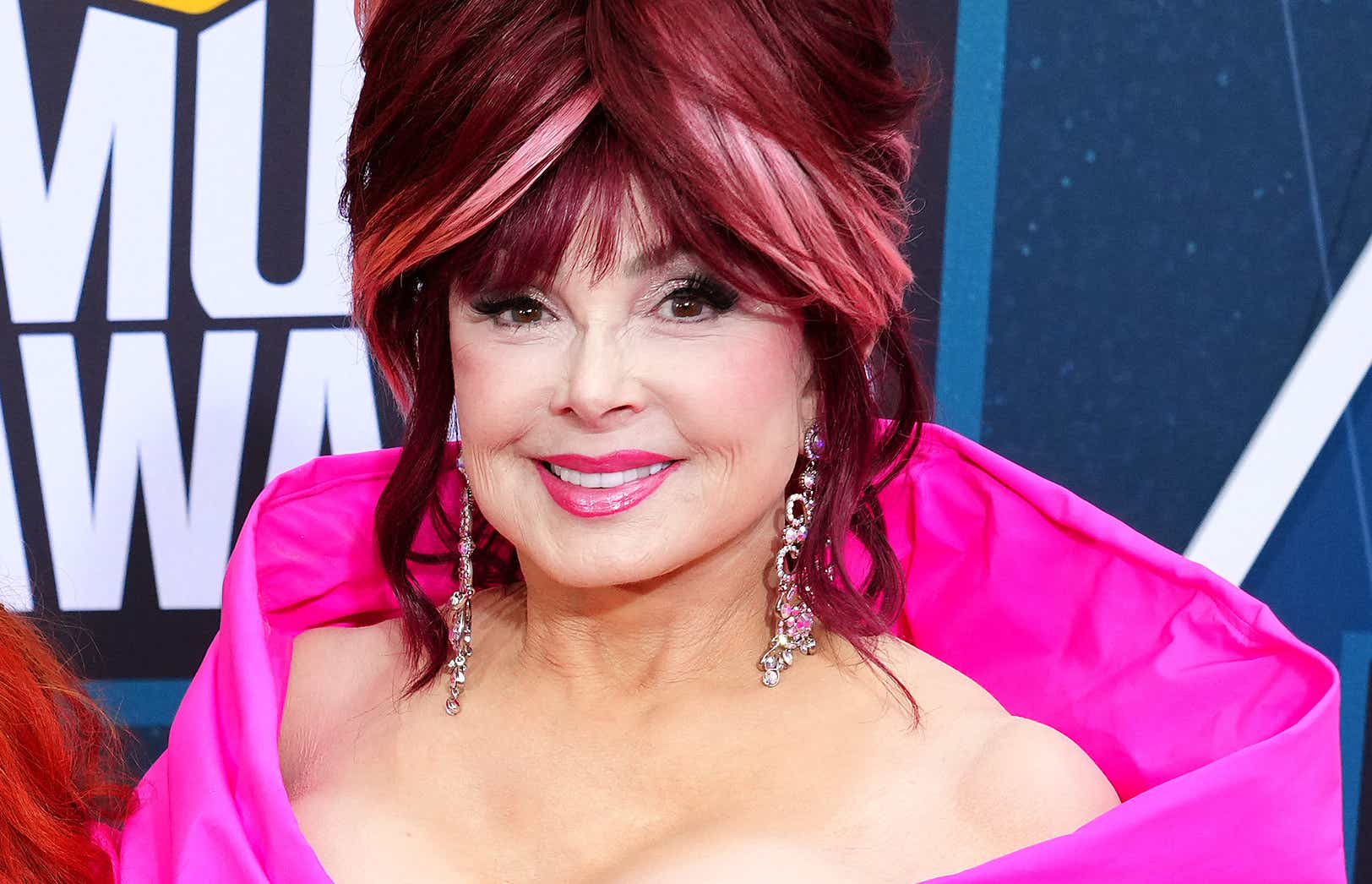Nearly two weeks after losing her mother on April 30, Ashley Judd shared tragic new details about Naomi Judd's death during an interview Thursday with Diane Sawyer, confirming on Good Morning America that Naomi died by suicide.
"Because we don't want it to be part of the gossip economy, I will share with you that she used a weapon; my mother used a firearm," Ashley said. "So that's the piece of information we are very uncomfortable sharing, but understand that we're in a position that if we don't say it, someone else is going to."
The revelation comes days after a touching public tribute on May 1, when Ashley and her sister Wynonna Judd paid homage to their mother during her induction into the Country Music Hall of Fame.
"I didn't prepare anything tonight because I knew mom would probably talk the most," Wynonna, who performed alongside her mother for decades as the singing duo The Judds, told the audience per CNN. "I'm gonna make this fast, because my heart's broken, and I feel so blessed," she added.
Just 24 hours earlier, the sisters had announced their mother's death at 76 on Instagram. They said they'd lost her due to "the disease of mental illness."
“We are shattered. We are navigating profound grief and know that as we loved her, she was loved by her public. We are in unknown territory," they wrote.
Speaking to the Country Music Hall of Fame audience, Ashley lamented that Naomi "couldn't hang on until today." She and Wynonna finished their address by reading Psalm 23 from the Bible together.
Kyle Young, CEO of the Country Music HoF, had earlier posted on Twitter: "We are shocked and saddened by the death of Naomi Judd, who enters the Country Music Hall of Fame tomorrow... Her family has asked that we continue with the Judds' Hall of Fame induction Sunday. We will do so, with heavy hearts."
Naomi Judd shared that she suffered from severe depression and anxiety during a Good Morning America appearance in 2016. She explained that her personal life was a world away from the glamorous existence the public witnessed when she performed as half of The Judds.
"I would come home and not leave the house for three weeks, and not get out of my pajamas, and not practice normal hygiene," she told GMA. "It was really bad."
She added that the "treatment-resistant" moniker was derived from the fact that doctors had "tried me on every single thing they had in their arsenal."
"It really felt like, if I live through this I want someone to be able to see that they can survive," she said.
Naomi explained that she didn't "look like she usually looked," because the medications she'd been prescribed made her face swell up like "a balloon." She said that because her diagnosis was "so extreme," she wanted to serve as an example to others in her position that they could "survive" too.
Naomi went into even greater depth about her mental illness in a memoir titled: River of Time: My Descent into Depression and How I Emerged with Hope, which was published in 2016 in tandem with her GMA interview. She revealed that she'd had an extremely difficult childhood, and been molested by an uncle when she was just three years old. "Nobody was there for me," she told GMA.
In River of Time, Naomi referred to The Judds' "Last Encore" tour in 2012 as one of her lowest points, when recollections of her uncle's assault resurfaced. At that point, her tendency toward suicidal ideation became relentless, and she began to convince herself that her family might understand if she took her own life.
“It’s so beyond making sense but I thought, ‘Surely my family will know that I was in so much pain and I thought they would have wanted me to end that pain,’” she said, according to People Magazine.
Per NBC, the only thing that prevented Naomi from acting on those feelings at that time was the thought that a member of her family would discover her body. She resolved to keep seeking new therapies and medications, and work on her relationships with Ashley and Wynonna.
In her final years, Naomi worked with the National Alliance for the Mentally Ill and the Vanderbilt Psychiatric Hospital, to try to reduce the stigma around mental illness, and spread the word about available treatments.
In a 2017 essay for NBC News, Naomi wrote: "I think the first thing, if you’re suffering from depression, is to go people that you trust... Then you have to find a reputable doctor in your area —you can call nurses (I was an ICU nurse before I started singing) because we tend to know who the good ones are."
She continued: "If you've got a pulse, then you're fighting some battle, whether it's a diagnosis of depression, like 16 million people, or one of anxiety, like 42 million people, or something else. And there's power in numbers: it means that there are other people. You're not alone."









